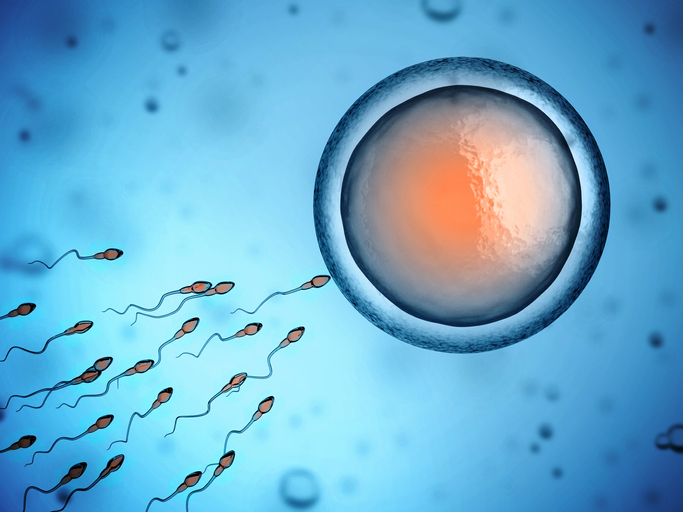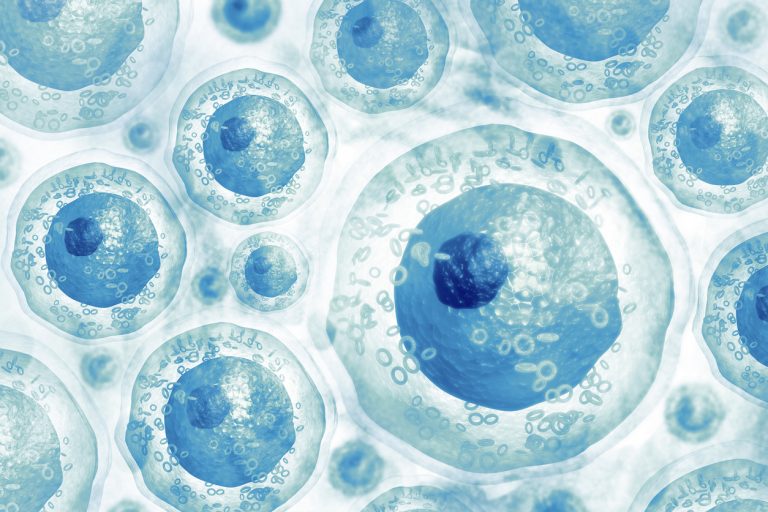
MTHFR and Your Fertility
- Heather
- March 30, 2020
- Comments Off on MTHFR and Your Fertility
MTHFR & your fertility
Discover how MTHFR may be affecting you’re fertility.

By Dr Heather Reagan D.A.O.M
I’m sure many of you have heard the term MTHFR floating around on different fertility blogs these days. Research shows MTHFR affects fertility by its strong correlation with miscarriage rates, implantation failure, sperm quality issues, fewer oocytes, lower serum estradiol, PCOS and chromosomal abnormalities. 40-50% of the population carries this genetic mutation, it is much more common than we may think. So what is MTHFR exactly and could this cause you to miscarry or keep you from conceiving? MTHFR- Methylene-tetrahydrofolate-reductase. The most studied SNPs are C677T & A1298C. MTHFR is a gene and a defect in this gene is called an MTHFR gene mutation that causes a defect in the MTHFR enzyme that is in charge of converting the inactive form of Folic Acid (vitamin B9) into its active form of Methyl Folate that the body can use and absorb. This gene/enzyme mutation blocks the conversion process of vitamin B9, which intern leads to a negative chain reaction within our cells and increased homocysteine levels within the body. When we are not methylating properly your immune system weakens, cellular repair decreases, detoxification processes are harmed and our cellular energy production goes down.
When the methylation process is strained and homocysteine levels rise, it creates large amounts of inflammation, impaired detoxification processes especially heavy metals and excess estrogens from our liver, blood clotting issues, and the inability of full capacity to make neurotransmitters. Other conditions associated with MTHFR include high blood pressure, coronary heart disease, stroke, embolisms, fibromyalgia, Parkinson’s, Alzheimer’s, autism, down syndrome and migraines. This gene is also very important for DNA synthesis and cell replication which is imperative during the blastocyst stage.
So how does this affect your fertility? Haven’t we heard a million times how important folic acid is for pregnancy? Folic acid is in all of the pre-natal vitamins you find on the market, as well as many different foods out there are “fortified” with folic acid. MOST of these sources are all synthetic versions of folic acid which are not the most bioavailable to our system anyway. Folic acid is necessary for fetal development, production of red blood cells, preventing birth defects and helps your baby’s neural tube develop into their brain and spinal cord. This is why all of the pregnancy supplements are flooded with folic acid. If your body is having trouble with the methylation process of folic acid because of this MTHFR gene mutation that is blocking the conversion of folic acid into its active form within your cells, then taking all of these fortified folic acid prenatal vitamins and foods will do you more harm.
“Maternal and Paternal testing should be done if you are dealing with repeated pregnancy loss, implantation failure, sperm quality issues or low estrodial levels ”

We now know how important folic acid is for us, so what happens if we aren’t absorbing any of this into our system? If our bodies aren’t converting folic acid into its active form then we truly aren’t getting any of it at all, and we can become folate deficient. On top of that, if we are constantly loading our systems with folic acid and not methylating it properly, then it will eventually build up as a toxin and create high homocysteine levels. High homocysteine levels increase ovarall systemic inflammation. MTHFR mutation also causes your body to have blood clotting issues which heightens your chances for miscarriage. There are many different types of blood clotting issues that lead to infertility and increased miscarriage rates. MTHFR is one of them, it is an inherited thrombophilia. MTHFR also increases the chances of a chromosomally abnormal embryo, which leads to pre-embryonic and embryonic miscarriages. Research shows positive paternal factors polymorphisms having significantly lower sperm counts and sperm quality issues. Recurrent implantation failure has also been linked to both SNP mutations as well as fewer eggs and lower serum estradiol concentrations at ovulation.
MTHFR affects our fertility! There are certain tests you can take from the comfort of your own home to determine if you have this MTHFR gene mutation. Both maternal and paternal partners should be tested. If you test positive for either or both SNPs C677T & A1298C then you should begin taking specific supplements and herbs, and following specific diet and lifestyle recommendations to ensure the correct methylation process takes place inside of your cells. There is a fine line between supplementing the methylation process and over methylating your system! Be cautious! If you are having any of the above-listed fertility issues outlined at the beginning of this article, then make sure both maternal and paternal partners are tested. Make sure you are taking the correct supplements at the correct dosing, and eating the correct foods to help this process if needed. For more guidance with this, please visit my site, TheNaturalFertilityDr.com


